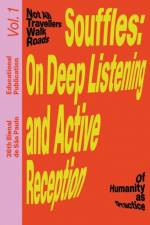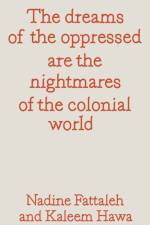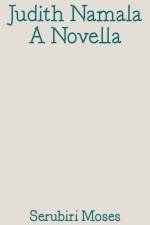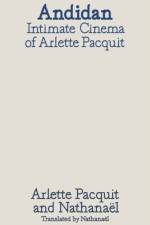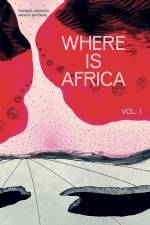av Emanuel Admassu & Anita N. Bateman
419
A multidisciplinary illustrated reader unpacking imperialist representations of Africa by promoting dialogue, memory and everyday practice, and reimagining cultural institutions and the arts-from museums to academia, from architecture to artIn 2017, curator and art historian Anita N. Bateman and architect and professor Emanuel Admassu initiated research on the traditional positioning and mispositioning of the arts across the African continent. Where Is Africa has been an extended set of exchanges with contemporary artists, curators, designers and academics who are actively engaged in representing the continent-both within and outside its geographic boundaries. By examining artist collectives, new currents in art history and the rise of contemporary art festivals in and about Africa from the past 10 years, the project unpacks the imperialist foundations of cultural institutions and their anthropological fascination with African objects, people and places. The interviews in Where Is Africa examine African and African-diasporic identities and spaces through questions of positionality in relation to specific disciplinary, cultural and political contexts. The texts address Afro-diasporic aesthetic practices and the curatorial, museological and artistic matrices that confront epistemologies of dominance and exclusion. The commissioned essays and images offer concise methodologies that expand or complicate issues addressed by the interviewees. Where Is Africa is a conceptual project that accompanies a conceptual place, driven by the desire to dislodge Africa from categorical fixity and the representational logics of nation-states. Africa can never be fully enclosed by the residue of colonial violence or the totalitarian gaze of neoliberalism; instead, it creates infinite malleability, where place and concept are untethered from each other. Contributors include: Mikael Awake, Salome Asega, Tau Tavengwa, Anthony Bogues, Jay Simple, Eric Gottesman, Rebecca Corey, Aida Mulkozi, Rakeb Sile, Mesai Haileleul, Mpho Matsipa, Niama Safia Sandy, Adama Delphine Fawundu, Rehema Chachage, Robel Temesgen, Valerie Amani, Meskerem Assegued, Elias Sime, Olalekan Jeyifous, Amanda Williams, Germane Barnes and Mario Gooden.

